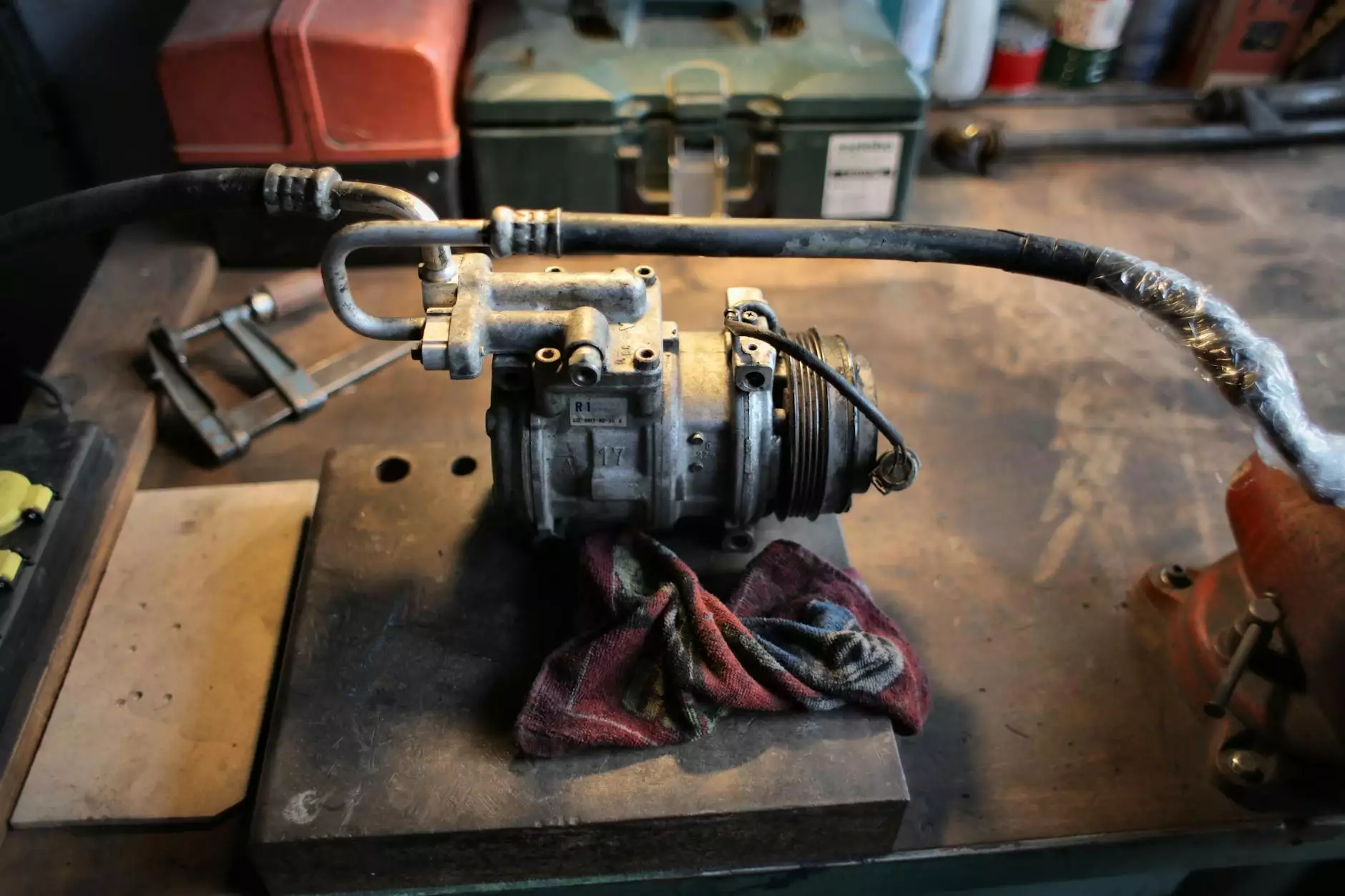The Inner Workings of a Sump Pump: A Definitive Guide

When it comes to safeguarding your home against potential water damage and flooding, one essential tool that every homeowner should consider is a sump pump. In this comprehensive guide, we will delve into the operation and importance of sump pumps, particularly focusing on how they work and why they are crucial for maintaining a dry and protected environment in your home.
What is a Sump Pump?
A sump pump is a mechanical device designed to remove excess water that accumulates in a basin commonly known as a sump pit. These pumps are typically found in the basement or crawlspace of residential homes and are instrumental in preventing water damage caused by flooding or high water tables.
How Does a Sump Pump Work?
The primary function of a sump pump is to detect water accumulation in the sump pit and efficiently pump the water out to a designated location, typically a storm drain or outside area away from the foundation of the home. This process is initiated by a float switch that activates the pump when the water level rises above a certain point.
Once activated, the sump pump utilizes an impeller to draw water into the pump, where it is then discharged through a pipe to the desired location. The check valve prevents water from flowing back into the sump pit once it has been pumped out.
Types of Sump Pumps
There are primarily two types of sump pumps commonly used in residential settings:
- Submersible Sump Pumps: These pumps are submerged in the sump pit and operate quietly, making them ideal for finished basements or areas where noise is a concern.
- Pedestal Sump Pumps: These pumps have the motor positioned above the sump pit, making them easier to service and maintain. They are typically more cost-effective but may be louder during operation.
The Importance of Sump Pumps
Having a sump pump installed in your home offers several key benefits, including:
- Flood Prevention: Sump pumps help prevent water damage caused by flooding or excessive moisture buildup.
- Protecting Property: By keeping the basement or crawlspace dry, sump pumps protect the foundation and structural integrity of the home.
- Mold and Mildew Prevention: Removing excess water prevents the growth of mold and mildew, which can be harmful to health.
Maintaining Your Sump Pump
Regular maintenance of your sump pump is essential to ensure optimal performance when you need it most. Here are some tips to keep your sump pump in top condition:
- Inspect the Float Switch: Make sure the float switch moves freely and is not obstructed by debris.
- Test the Pump: Periodically test the pump by pouring water into the sump pit to ensure it activates properly.
- Clean the Pump and Pit: Remove any debris or sediment that may clog the pump or hinder its operation.
Conclusion
In conclusion, understanding how a sump pump works and the benefits it provides is essential for every homeowner looking to protect their property from water damage and flooding. By investing in a quality sump pump and performing regular maintenance, you can rest assured that your home is equipped to handle any water-related challenges that may arise.
For expert advice on sump pumps and other plumbing solutions, be sure to contact Plumbing Done Right today. With our expertise in the Home & Garden, Contractors, and Plumbing categories, we are here to help you keep your home dry and protected.
Contact us for sump pump installation and maintenance services!
sump pump how it works








